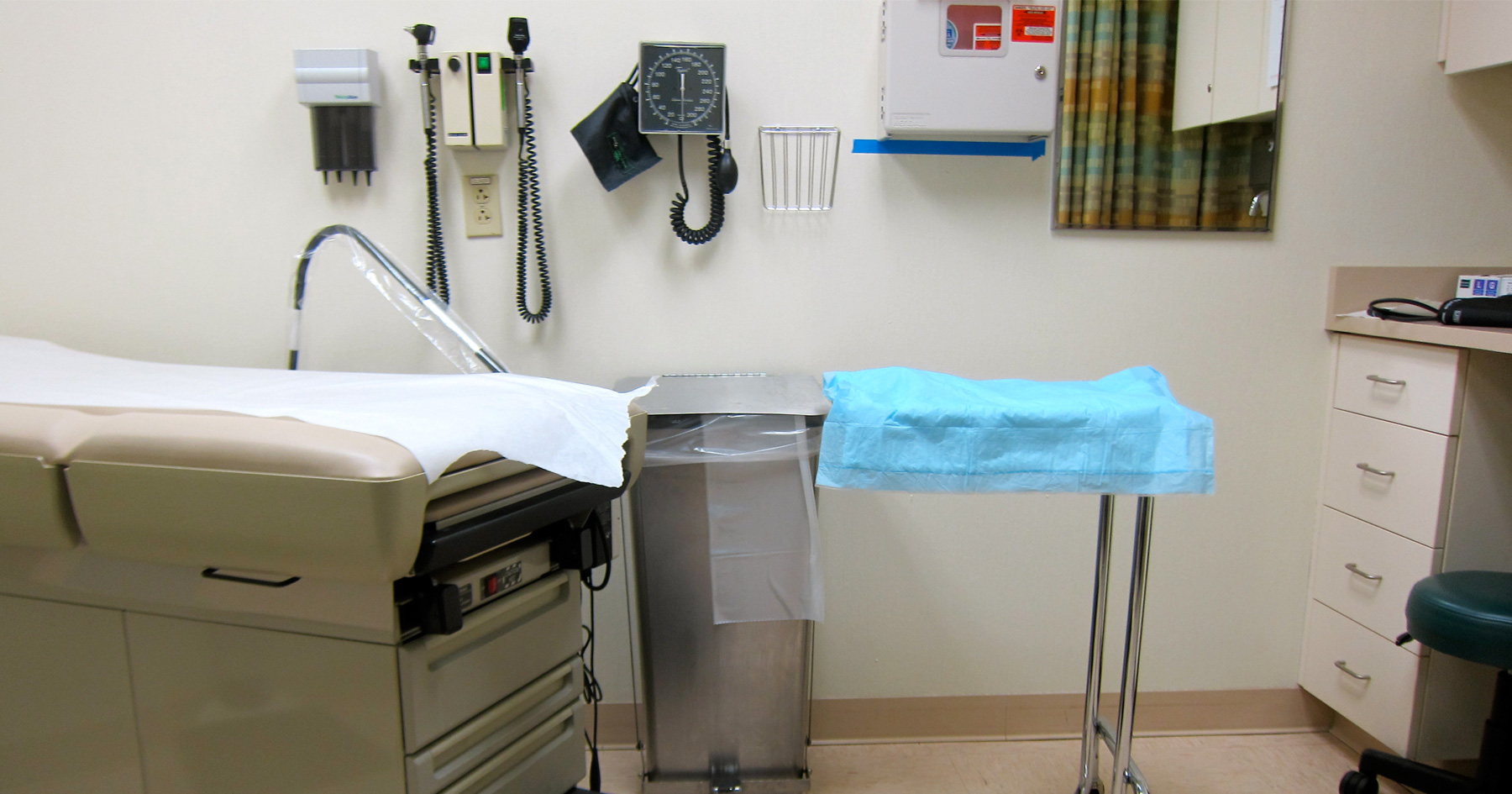The Very Specific Type of Person Who Benefits From the GOP Health Care Bill

By:
The revised Senate health care bill released on Thursday features a new plan that might be appealing to young, healthy Americans—so long as they remain young and healthy forever.
The health plan would still slash Medicaid spending over the next 10 years, which means millions of low-income Americans, children (especially those with special health needs), disabled people, and the elderly who depend on the federal health care program would be left uninsured. But there are at least two ways the youngest and healthiest among us could win in the short-term.
1. Cheap health insurance plans for less coverage.
An amendment introduced by Sen. Ted Cruz (R-Texas) would allow insurance companies to offer cheap plans for less coverage, exempting them from basic mandates required in the federal health insurance exchange such as covering pre-existing conditions. The "non-compliant" plans are designed to attract people whose medical needs are basic and who'd prefer to pay lower premiums for minimal coverage.
2. No tax penalty for lapses in coverage.
The Senate bill rescinds the Obamacare individual mandate, which required people to pay a tax penalty for every month they went without health insurance. There's still a form of a penalty included in the Senate health care bill, though: if you go without insurance for 63 days or more, insurers would be able to impose a six-month waiting period before you're able to enroll in a new plan.
People who buy into cheap, non-compliant plans are still gambling with their health.
 Flickr/Jennifer Morrow - flic.kr
Flickr/Jennifer Morrow - flic.kr
Dr. Gerald Kominski, the director of UCLA's Center for Health Policy Research, told ATTN: that people often approach him at lectures complaining about having to pay higher insurance premiums for comprehensive health care plans that they don't directly benefit from.
But that's the basic principle of the health insurance market, which operates most effectively when healthy people pay into standardized plans, offsetting the costs of covering the older and sicker population. Critics of that system believe "they've never been sick a day in their life purely because of good choices that they’ve made—and the corollary of that is that the reason other people aren't healthy is because they’ve made bad choices," Kominski said.
"They don’t want to subsidize other people’s bad choices," he said. "They refuse to acknowledge that there’s a tremendous element of our health that is not within our control."
People who share that mentality might gravitate toward non-compliant plans to their own peril, though. If you're a young, healthy individual who buys into one of these cheaper plans—and then becomes seriously ill or experiences a medical emergency—you could find yourself spending exorbitant deductibles. For context, consider the fact that only 3 percent of Americans live "healthy lifestyles," according to a 2016 study published by Mayo Clinic Proceedings.
Non-compliant plans don't qualify as "continuous coverage" under the Senate health care bill, either.
On the one hand, eliminating the individual mandate means young, healthy people don't have to worry about being taxed every month for not paying for insurance when they can afford it. On the other hand, if you do need medical attention and you don't have insurance, that's going to cost you—and it'll take six months before you're able to enroll in a plan that covers you.
Turns out, people who buy into non-compliant plans will be treated like people who don't have insurance at all when they do find themselves in need of a health insurance plan that offers better coverage options. You'll have to wait six months before you can enroll, too.
"As soon as you do get sick, your insurance will cover your condition—but if you get sick in a way that is anything other than a relatively mild or routine condition, then you now have a pre-existing condition and you can now be charged more," Kominski said. "And as a result, you may not find a good [health insurance] option moving forward because you’re now labeled as someone who has a pre-existing condition, and you can be either charged a much higher premium or potentially denied insurance."
The non-compliant plan might be a popular option for the luckiest and healthiest. But if your luck runs out and you find yourself in need of better coverage, those short-term health insurance saving will end up costing you. And in the interim, with healthy people paying less into the health insurance market, that places a higher burden on insurers, which will have to make up for that deficit in the way of higher premiums for the sickest Americans.
